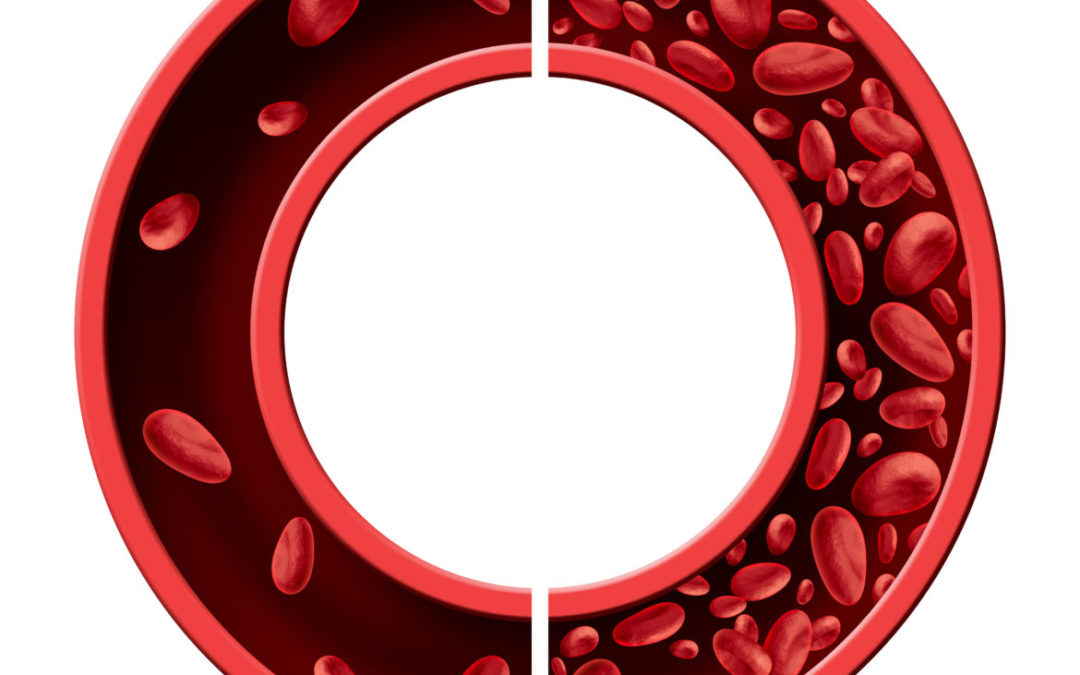At-a-glance, low iron or too much iron can cause serious health problems. The first major problem is though that low or high iron levels are often overlooked and ignored. However, iron overload is often more overlooked than iron deficiency.
I can’t express enough how much that ties in with one of our biggest health issues today. People are ignoring so many signs of illness and disease and only wait till they’re ill to act on it.
Well, what is the purpose of iron?
Iron brings many benefits to the human body. It transports oxygen to your body, helps with your energy, immune function, brain function, and endocrine function.
“Diseases associated with low iron levels are anemia, fatigue, fibromyalgia, IBD, hypothyroidism, depression, anxiety, ADHD, celiac disease, restless leg syndrome, hair loss, muscle weakness, Parkinson’s disease, mental changes, memory loss, and neurodegenerative diseases,” writes Dr. Joseph Mercola on his article “Why Managing Your Iron Level Is Crucial to Your Health.”
There are many options for boosting your iron levels. You can consume iron-rich foods such as dark chocolate, seaweed, spinach, broccoli, and dark turkey meat. In addition to iron-rich foods, you may find that Vitamin C will help you absorb the iron in your food.
“Diseases associated with iron overload are anemia from chronic disease, insulin resistance, type 2 diabetes, premature aging, anorexia, Grave’s disease, heart arrhythmia, cancer, Atherosclerosis, Hemochromatosis, Hemophagocytic syndrome, Still’s disease and liver disease,” writes Dr. Joseph Mercola on his article “Why Managing Your Iron Level Is Crucial to Your Health.”
So what to do if you have too much iron? It’s actually easier than you think to treat. The easiest method that many use is donating blood. They continue to do so until their levels become normal. As for eating, it’s quite the opposite then of people with low iron. Instead of taking vitamin C, you should avoid combining it with iron-rich foods and instead combine iron-rich foods with calcium-rich foods. Calcium will combine with iron to decrease its absorption.
Whether you experience one extreme or the other, the common goal is to reach normal iron levels. Maintaining a normal iron level is crucial to preventing disease and illness. Again, if you have high iron levels, don’t avoid iron-rich food. Just avoid combining it with vitamin C rich foods. Lastly, if you are low on iron, avoid combining iron-rich foods with calcium-rich foods because that combination will decrease your absorption.
References:
Mercola, J. “Why Managing Your Iron Level Is Crucial to Your Health.” Retrieved May 31, 2017, from http://articles.mercola.com/sites/articles/archive/2017/05/31/managing-iron-levels.aspx

